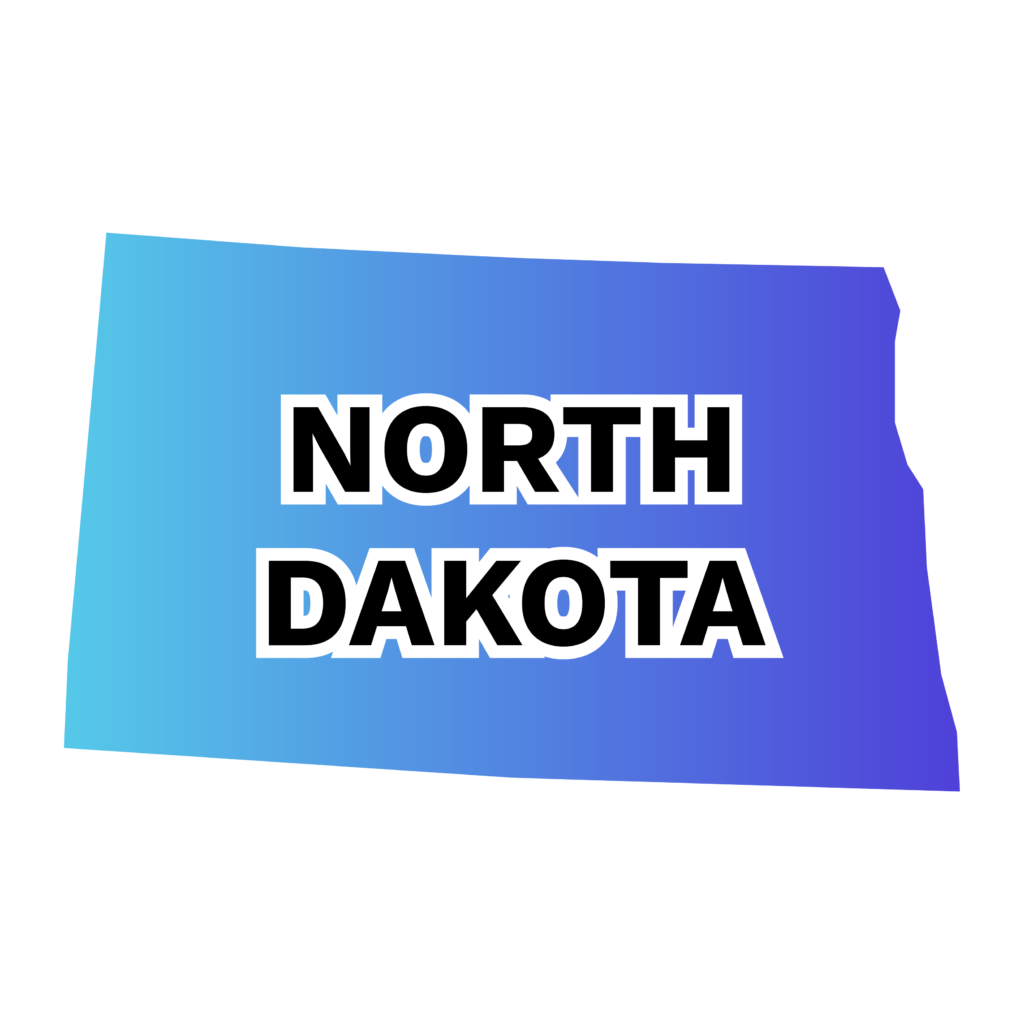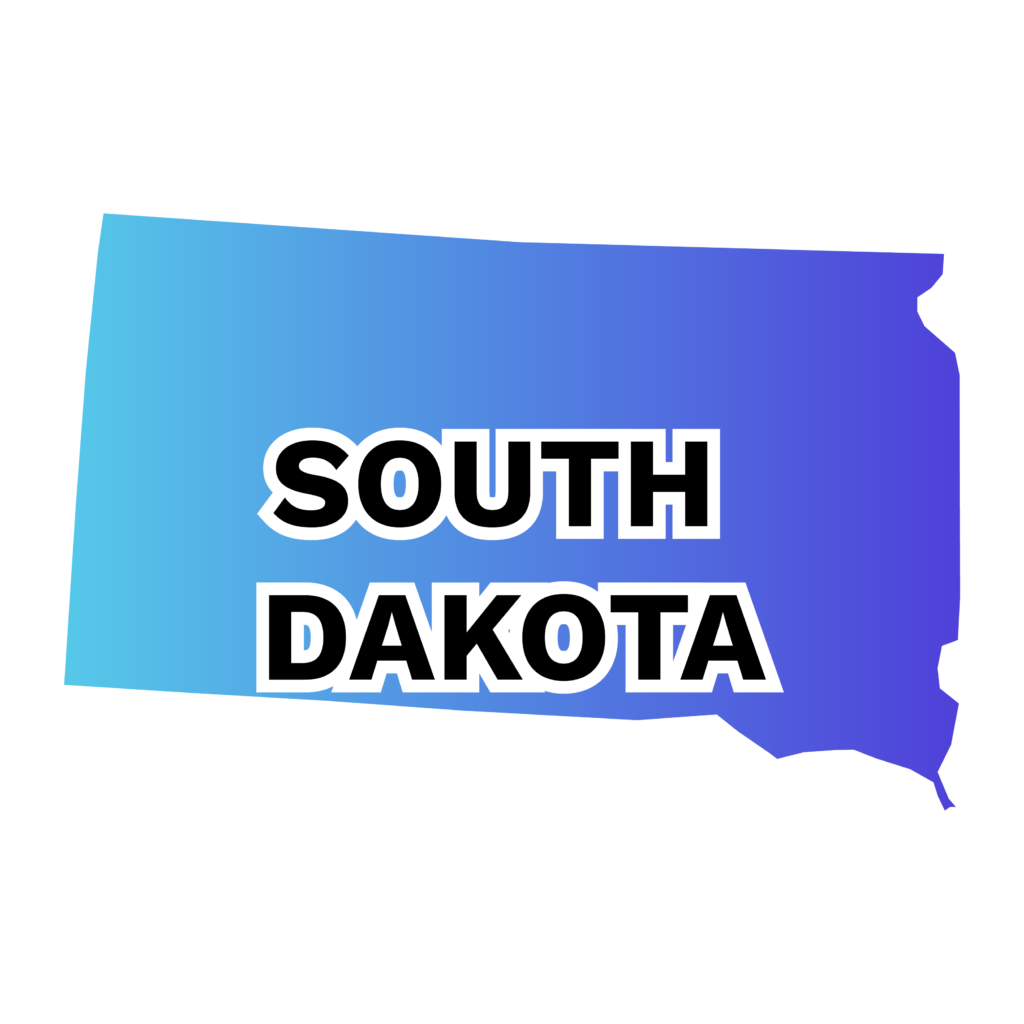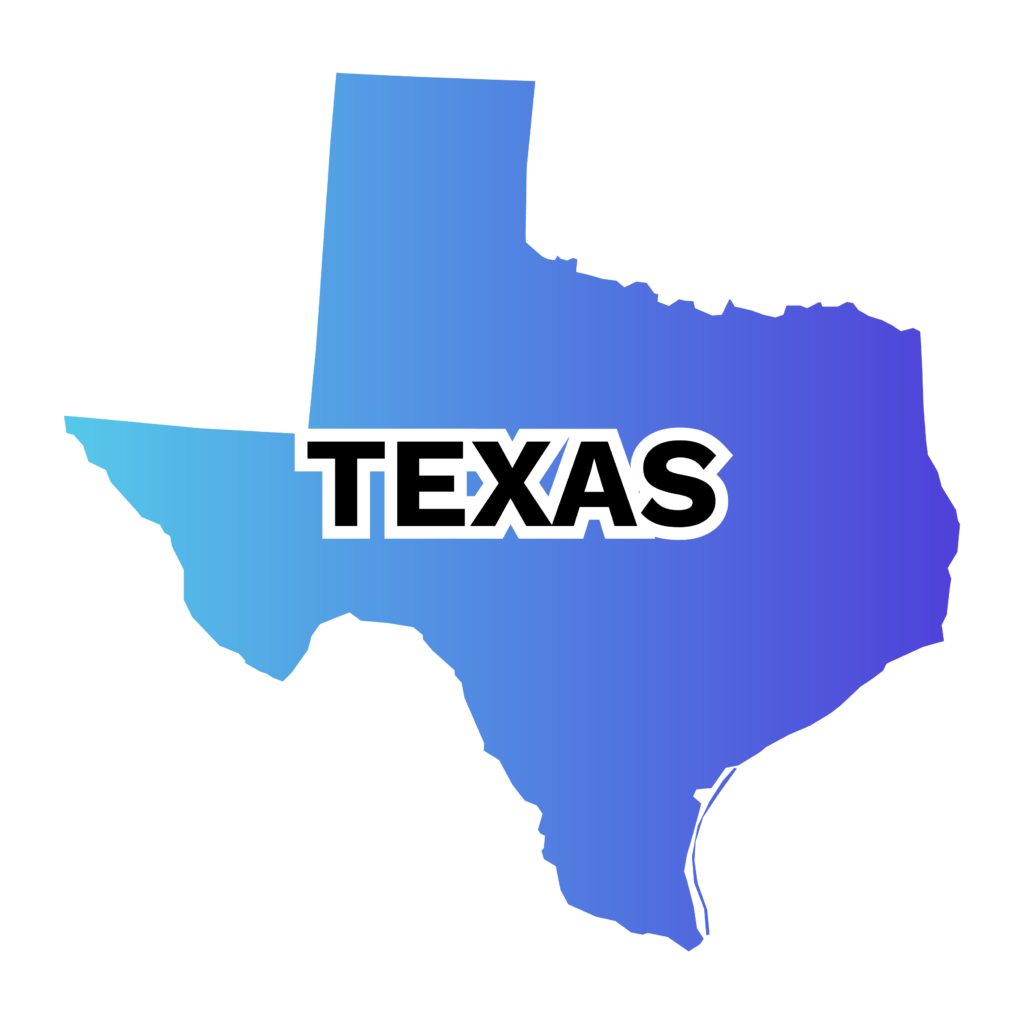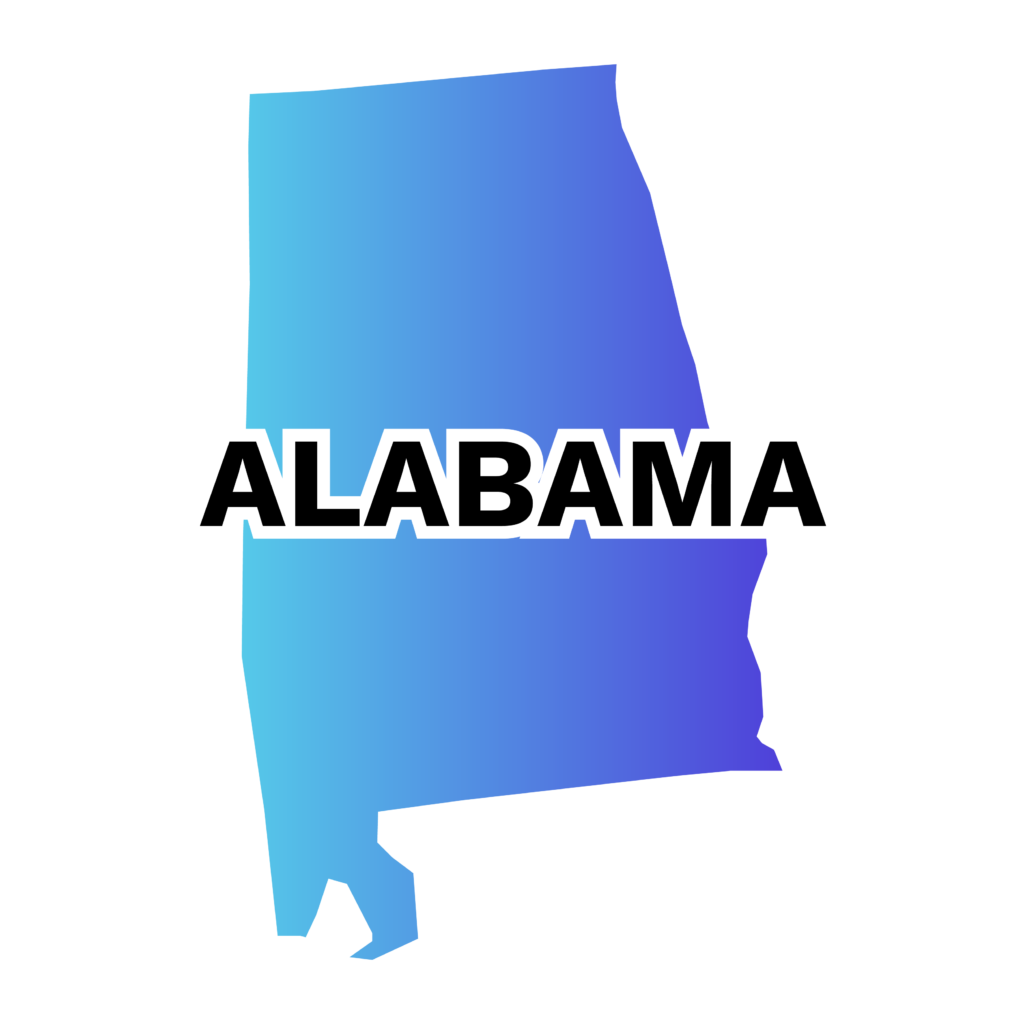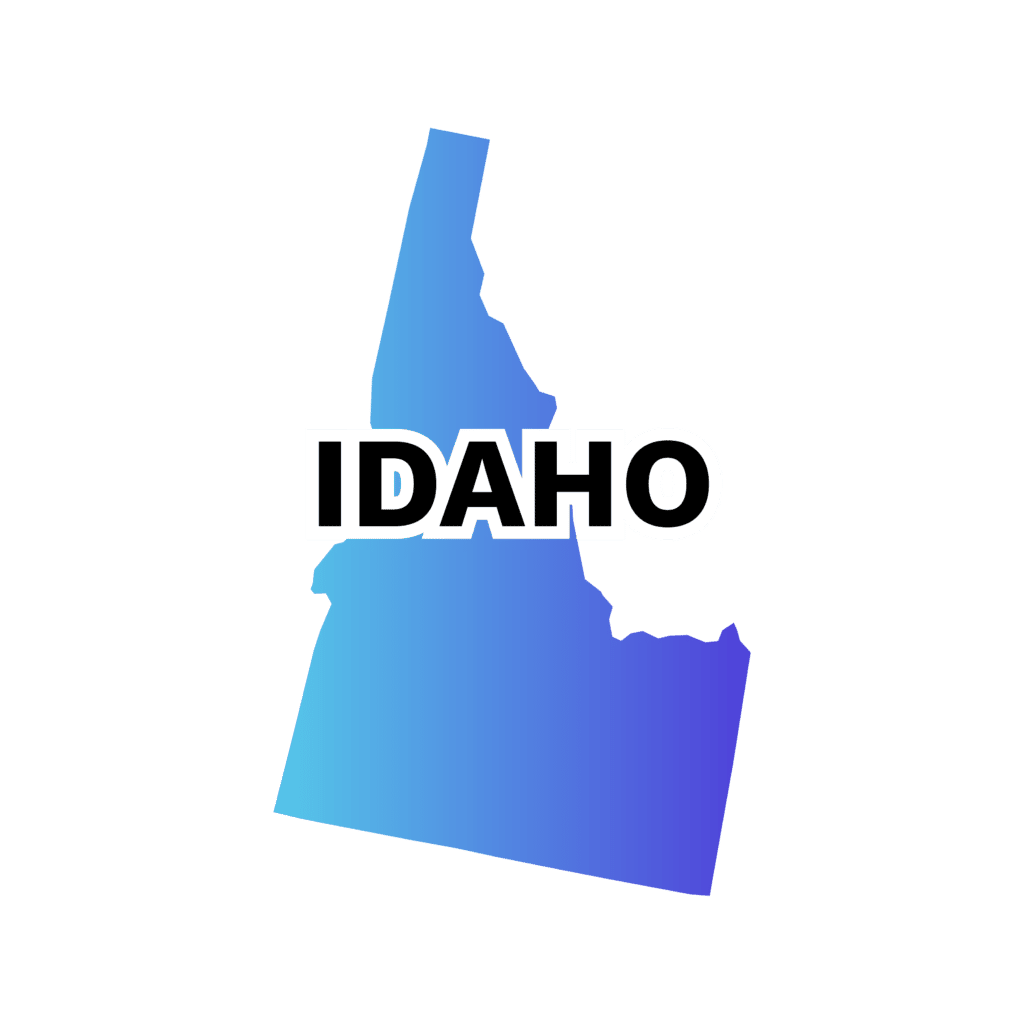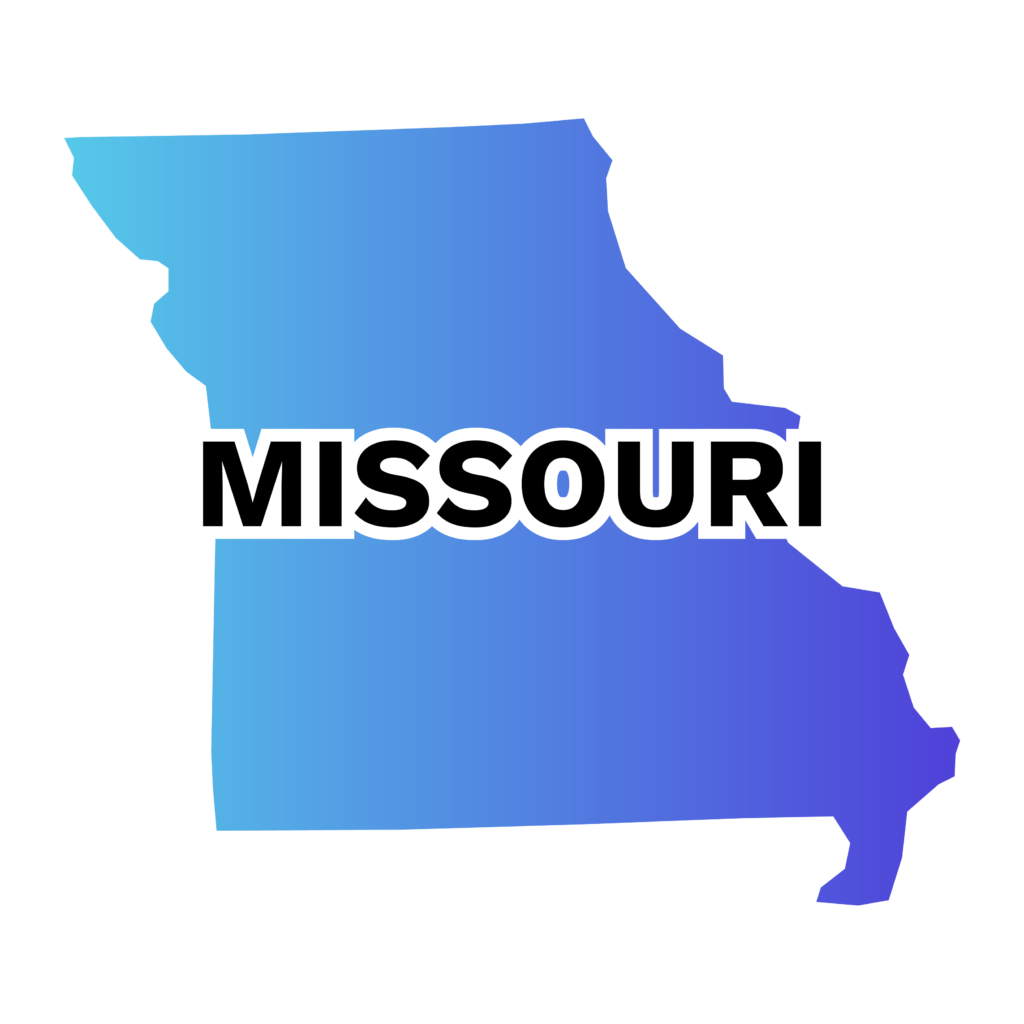If you’re interested in an accounting career, becoming a CPA is an excellent career choice. It’s the best way to find employment at the top accounting firms and start making more money. And becoming a CPA is a big part of that. As the CPA shortage continues, those with the designation are becoming more in demand. This makes it so important to get licensed ASAP.
And one of the best states for CPAs is California. Thanks to having a huge population, there’s a naturally high demand for anyone with this license. In fact, the state’s Employment Development Department predicts that the job outlook for accountants in California will increase by 10% over the next five years.
We’ve gathered everything you need to know about getting a CPA license in California. That way, you can start working on these prerequisites and get your California CPA license as soon as possible.
Steps to Get a CPA License in California
- Meet educational requirements (150 semester units, including specific accounting and business courses).
- Fulfill one-year general accounting experience under a licensed CPA.
- Pass the Uniform CPA Exam. This often requires investing in a CPA prep course.
- Complete the California-specific ethics exam.
- Submit all required CPA license application paperwork.
- Pay the CPA license application fee.
Education CPA Requirements
California has strict education requirements for anyone interested in becoming a CPA. To start, you need at least a bachelor’s degree in a related field. Here is an overview:
The primary educational requirement for CPA licensure in California is a bachelor’s degree from an accredited institution. The degree must include a specific number of accounting and business-related courses.
To become a Certified Public Accountant in California, the educational requirements are structured as follows:
- 24 Semester Units – Accounting Subjects:
- Courses include Accounting, Auditing, Taxation, Financial Reporting, Financial Statement Analysis, and both External and Internal Reporting.
- 24 Semester Units – Business-Related Subjects:
- Includes Business Administration, Management, Communications, Economics, Finance, Business Law, Marketing, Statistics, Mathematics, Computer Science & Information Systems, and certain law courses.
- 20 Semester Units – Accounting Study:
- A combination of accounting and business-related subjects, including up to 9 units in skills-based and industry-based courses, and a maximum of 4 units in internships.
- 10 Semester Units – Ethics Study:
- Requires courses in accounting ethics, professional responsibilities, and subjects like auditing, business law, ethics, and fraud.
Work Experience Requirements
California requires CPA candidates to have at least one year of general accounting experience. This experience must be supervised and verified by a licensed CPA and should encompass a range of accounting skills and knowledge.
The work experience should involve skills such as problem-solving, applying accounting principles, and communicating effectively. The experience can be gained in public accounting, industry, government, or academia. The supervising CPA must verify the candidate’s work experience on a form provided by the California Board of Accountancy. This verification is a critical component of the licensure process.
To optimize your work experience, seek roles where you’re not just fulfilling tasks but also learning and growing in your accounting knowledge. Look for opportunities in firms or organizations where you’re exposed to a variety of accounting practices. Networking within professional circles and attending industry events can be great ways to find such opportunities. Remember, the quality of your experience can significantly impact your readiness for the CPA exam and your future career.
Bryce Welker, CPA Expert
Ethics Exam
The CPA exam isn’t the only test you need to take to become a CPA in California. This state requires you to also pass an ethics exam, which is based on the AICPA Code of Professional Conduct, the California Accountancy Act, and Accounting Rules and Regulations.
Here’s the good news: this test isn’t nearly as difficult as the CPA exam. You’ll have unlimited time to complete 50 multiple choice questions. But you should still take it seriously, since you’ll only pass if you receive a grade of 90% or better— you can only miss 5 questions. However, you have 6 attempts to pass the exam and you receive instant results. That way you can immediately shore up knowledge on the areas you struggled with.
The ethics exam can be ordered online from CALCPA in both online and in text format. These cost $175 and $195 respectively. You can also purchase an ethics exam prep course from them for $50, but that may not be necessary to pass.
Continuing Education
Even after passing the exam and becoming a CPA, every state has continuing education requirements. California has an especially stringent set of requirements— CPAs must complete at least 80 hours of Continuing Professional Education (CPE) credits in the 2-year period before their license expires.
You must complete a minimum of 20 hours during each year of the renewal period. Additionally, at least 12 of those hours must focus on technical subject matter. You must also complete 4 hours of ethics courses, and you’re required to enroll in a 2-hour board-approved regulatory review course if more than six years have passed since you gained your license.
The remaining 40 hours of continuing education can be completed in any qualifying technical or non-technical subject matter that you choose. Because of this, we recommend enrolling in an online CPE course for CPAs to earn these credit hours as quickly and easily as possible.
California CPA Exam Fees
For CPA licensure in California, the fee structure includes a $250 initial application fee, a $280 initial license fee, and a $49 hard copy fingerprint processing fee. After the California Board of Accountancy approves your application, you select CPA exam sections via your client account and pay the fees directly to NASBA, which amount to $344.80 per section. The selections must be made within a year of approval, and once paid to NASBA, you have nine months to sit for the selected sections. Failure to do so results in forfeiture of the fees, and a new application is required for further attempts.
Keep in mind that you’ll also spend money outside of test fees. This can include transportation costs to get to the testing center, but the most obvious expense is a CPA prep course. This is something that even the youngest CPA in the state of California, Belecia Cespedes, took seriously before she was granted the designation.
Another motivating factor that kept me going through the testing process was the knowledge that the more time I studied, the better I would do. After all, this is what I would be doing for the rest of my life, so I might as well know it as well as I could.”
– Belecia Cespedes in an interview with Robert Half.
| Per Exam Section | $344.80 |
| Initial License Fee | $280 |
| Initial Application Fee | $250 |
| Fingerprint Fee | $49 |
You’ll also be charged whenever you need to renew your license. The renewal fee is also $250 and occurs biennially. If you’re late to file a renewal, you’ll be charged an additional $125 delinquency fee. Make sure you apply on time so you can avoid the extra charge!
This likely won’t come up until later in your career, but there’s also a fee for registering an accountancy firm with the California Board of Accountancy. Applications for an accountancy corporation and an accountancy partnership both cost $400.
Lastly, there’s a fee involved in changing from active to retired status. The application for retired status costs $75. If you decide to resume work, the application to request restoration to active status only costs $50. Despite that, you should still be sure of your choice before retiring so you can avoid any extra fees.
CPA Exam Updates in California
NASBA announced increasing the time you have to pass all of the CPA exams from 18 to 30 months in 2023. CPA candidates reacted favorably with this announcement on Reddit that it would allow them more time to pass, but a lot of users still reported wanting to pass as soon as they could.
Additionally, the CPA Evolution initiative is a significant update to the CPA licensure model set to launch in 2024. Developed by NASBA and AICPA, this new model features a ‘core + discipline’ structure, ensuring candidates have a robust foundation in accounting, auditing, tax, and technology. Candidates will also specialize in one of three disciplines: Business Analysis and Reporting, Information Systems and Controls, or Tax Compliance and Planning.
Real-Life CPA Success Story: Overcoming Challenges
In a recent discussion on Reddit, a CPA candidate shared their inspiring journey of passing the CPA exam. This story highlights the challenges and perseverance required to succeed in this demanding field.
- Overcoming Obstacles: The candidate faced numerous hurdles, including difficult exam sections and the pressure of balancing study with work. Despite these challenges, they remained focused and determined.
- Effective Study Strategies: They emphasized the importance of a structured study plan, utilizing various resources and practice exams to fully prepare for each section of the CPA exam.
- Support and Motivation: The support from peers and online communities, like Reddit, played a crucial role in keeping their motivation high. Sharing experiences and tips with others who were on the same path provided both support and valuable insights.
- The Reward of Persistence: After multiple attempts and dedicated study, the candidate successfully passed the CPA exam, showcasing that persistence and hard work truly pay off.
This personal story is a testament to the fact that the path to becoming a CPA, while challenging, is achievable with dedication and the right approach. It serves as motivation for all aspiring CPAs, reminding us that success is within reach, no matter the obstacles.
It can take several weeks for your application to be processed so don’t waste that valuable time waiting to hear back from your state board. If you start studying now you will get a nice jump start on the material and will be better prepared to pass your CPA exam on the first try!
FAQs
California CPAs make an average of $95,000 a year, according to Payscale. However, this can vary quite a bit among different cities in California— most of the high-paying jobs can be found in areas like San Francisco and Los Angeles.
Unfortunately, an accounting degree is a hard requirement for becoming a CPA in California. There’s currently no way for you to become one without completing a bachelor’s degree that meets the specific credit requirements outlined by the California Board of Accountancy.
The review process generally takes about 4-6 weeks.
If your application is not approved, the CBA will provide specific reasons for denial and instructions on how to remedy any deficiencies.
Yes, California accepts applications from out-of-state CPAs, but they must meet California’s specific licensure requirements.
Bryce Welker is a regular contributor to Forbes, Inc.com, YEC and Business Insider. After graduating from San Diego State University he went on to earn his Certified Public Accountant license and created CrushTheCPAexam.com to share his knowledge and experience to help other accountants become CPAs too. Bryce was named one of Accounting Today’s “Accountants To Watch” among other accolades. As Seen On Forbes
